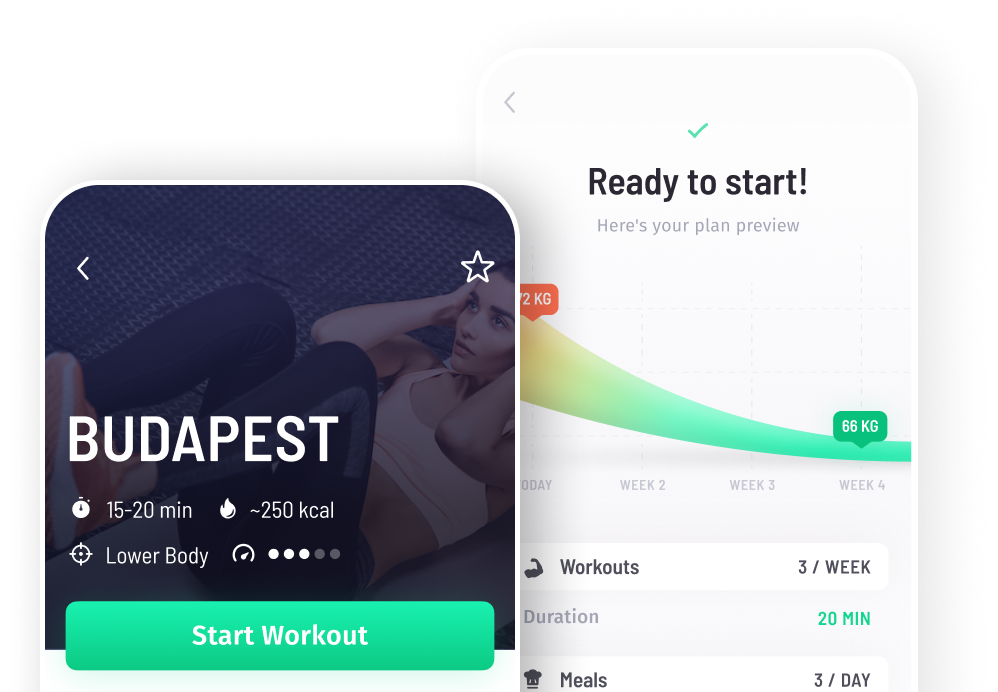Metabolism describes all the processes that happen in your body to maintain organ function and homeostasis. These processes include breathing, digestion, and cellular regeneration. The minimum level of energy your body needs for these essential processes is called your basal metabolic rate (BMR).
When people refer to having a slow metabolism, this is usually concerning their body's ability to lose weight. This is more accurately described as a low BMR. Is it possible to increase your metabolism? Let's find out.
Is it Possible to Increase Your Metabolism?
The higher your metabolic rate, the more calories you will burn, and the easier it will be for you to lose and maintain weight. Your metabolic rate depends on a few different factors, some of which are out of your control, such as age, genes, and gender.
But some, such as your body weight, diet, activity level, and lifestyle choices, are within your power to control. So yes, it is possible to increase your metabolism, and what’s more, you can do it with some simple changes to your routine.
Three Easy Ways to Increase Your Metabolism
Now we know that it is possible to increase metabolic rate, let's look at how to increase your metabolism with some simple dietary and lifestyle changes that anyone can make.
1: Try HIIT Training
HIIT stands for High Intensity Interval Training. It is a form of exercise where you complete fast and intense exercises for a short period of time. This form of exercise has been shown to increase your metabolism, even after you have finished exercising.
Try including 3 HIIT sessions per week. We love HIIT because it is quick compared to regular forms of exercise - you can complete a HIIT session in as little as 10 minutes.
2: Eat More Protein
Eating raises your metabolism because of the extra calories needed to process, assimilate, and digest the food. This is known as the Thermic Effect of Food (TEF). Protein raises your metabolism more than fat or carbs because it causes a bigger rise in TEF.
The difference is significant - you have a 15-30% increase in metabolic rate when you consume protein, compared with just 5–10% for carbs and 0–3% for fats. Opt for vegetable protein because it does not contain saturated animal fats that contribute to weight gain, high cholesterol, and inflammation.
Protein aids weight loss because it helps you to feel more satisfied after eating and feel fuller for longer. For best weight loss results, ensure that 30% of your dietary intake is clean plant protein.
3: Get More Sleep
Sleep deprivation plays a significant role in reducing your metabolic rate. If the body is not properly rested, it cannot function effectively. This results in a sluggish metabolism, and an increase in the production of the hunger hormone ghrelin, causing you to eat more food, and not burn it as quickly, a sure-fire way to weight gain. For most adults, that means 7-9 hours of sleep per day.
Protect your sleep time by setting a regular bedtime routine consisting of activities that help you to unwind and relax. These might include reading, having a warm bath, using relaxing essential oils, or having a caffeine-free warm drink. Try to avoid using screens for at least two hours before you want to sleep, as the blue light they emit interferes with your body's production of the vital sleep hormone, melatonin.
Did you enjoy this article? Share it!


